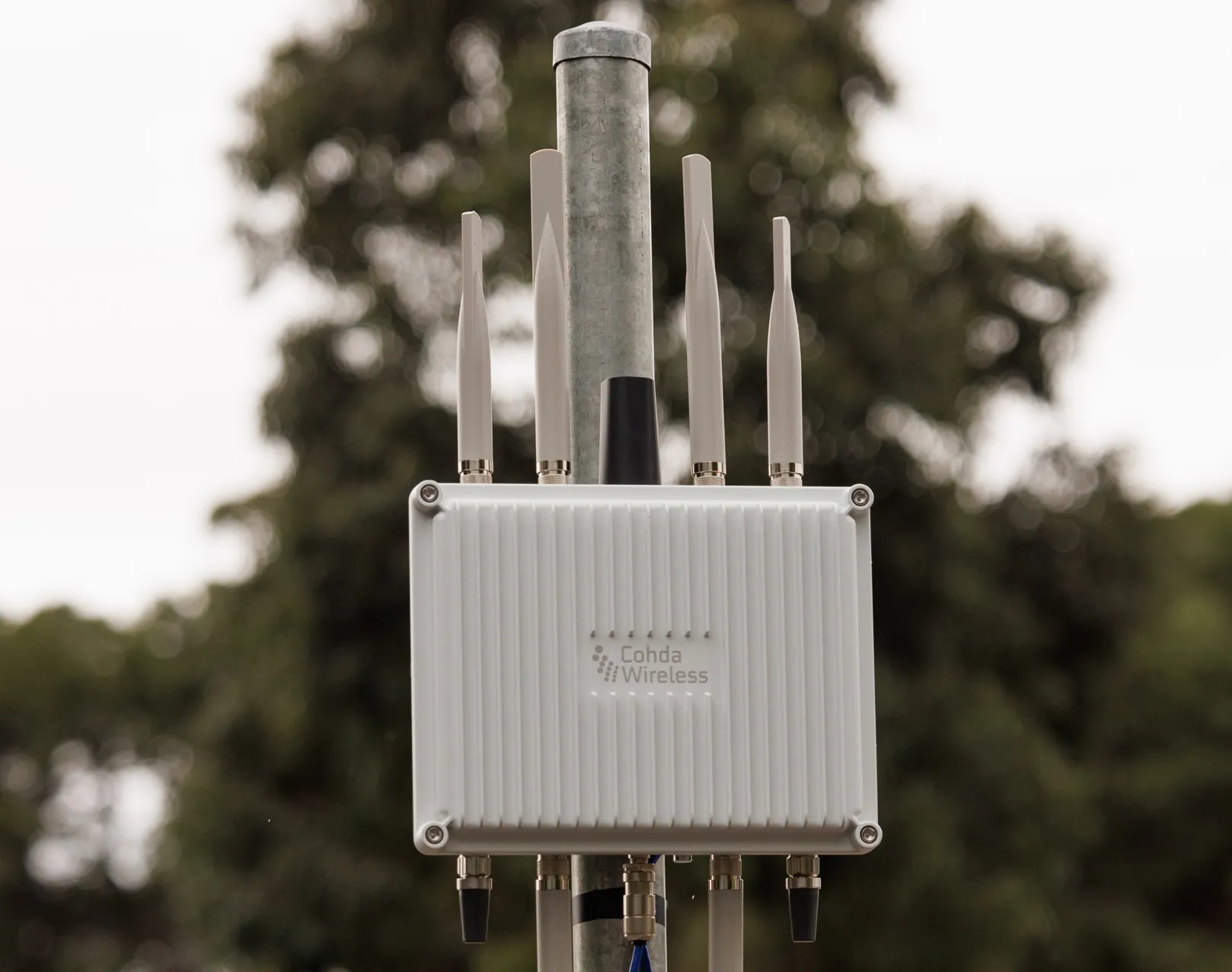
Cohda Wireless's MK6 connected vehicle technology solution has been certified by the US Federal Communications Commission (FCC) for cellular Vehicle to Everything (C-V2X).
FCC last year granted waivers permitting deployment of C-V2X technology in the upper 30 MHz of spectrum in the 5.895-5.925 GHz band.
A participant in the FCC Joint Waiver programme, Cohda launched the MK6 roadside unit and on-board unit in late 2022: they were granted European Union and UK certifications in August last year.
The MK6 offers DSRC, C-V2X, LTE/5G and Wi-Fi/Bluetooth, and features NXP Semiconductors’ RoadLink SAF5400 and SXF1800 chipsets as well as the Qualcomm Snapdragon Auto 5G Modem-RF Platform.
Cohda CEO Dr. Paul Gray says: “These are very interesting times that we have all been waiting for and whilst the pathway to this point has been bumpy, the industry has matured substantially and change is here and it’s real."
He added that Cohda's US clients "should also be buoyed by the fact that the MK6 qualifies under the Buy American Act".
Cohda has been involved in the New York Connected Vehicle Project as well as the Smart Intersections Project in Michigan, which will equip 21 intersections with technology to track crashes and near misses by 2024.
University of Michigan Transportation Research Institute senior program manager Debra Bezzina says: "The availability of the MK6 V2X device allows the Smart Intersections Project to deploy in the city of Ann Arbor, providing safety benefits to all of our road users."









